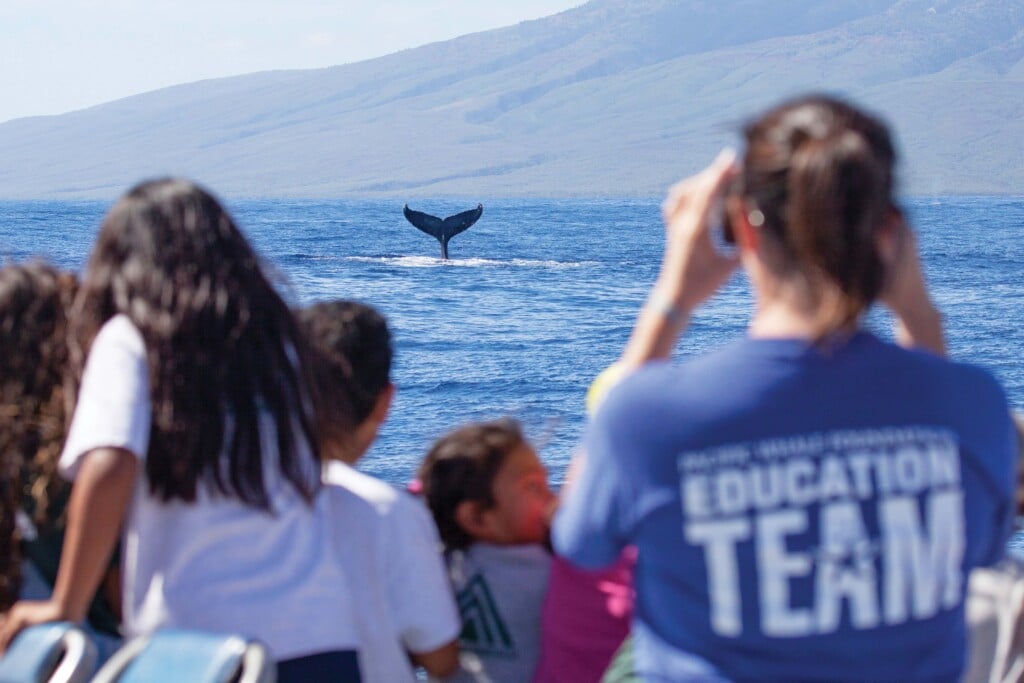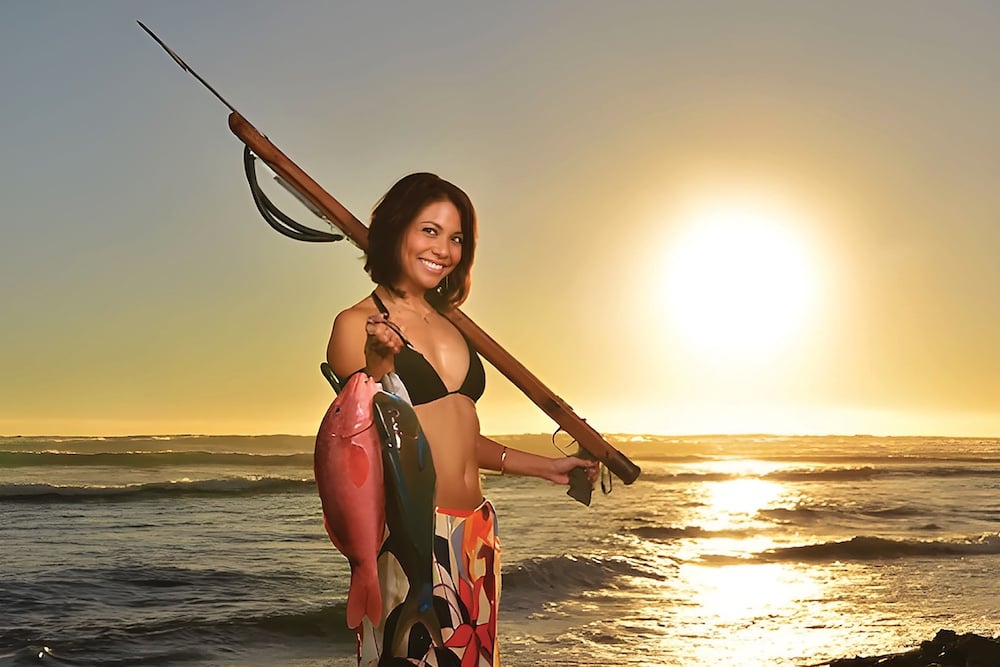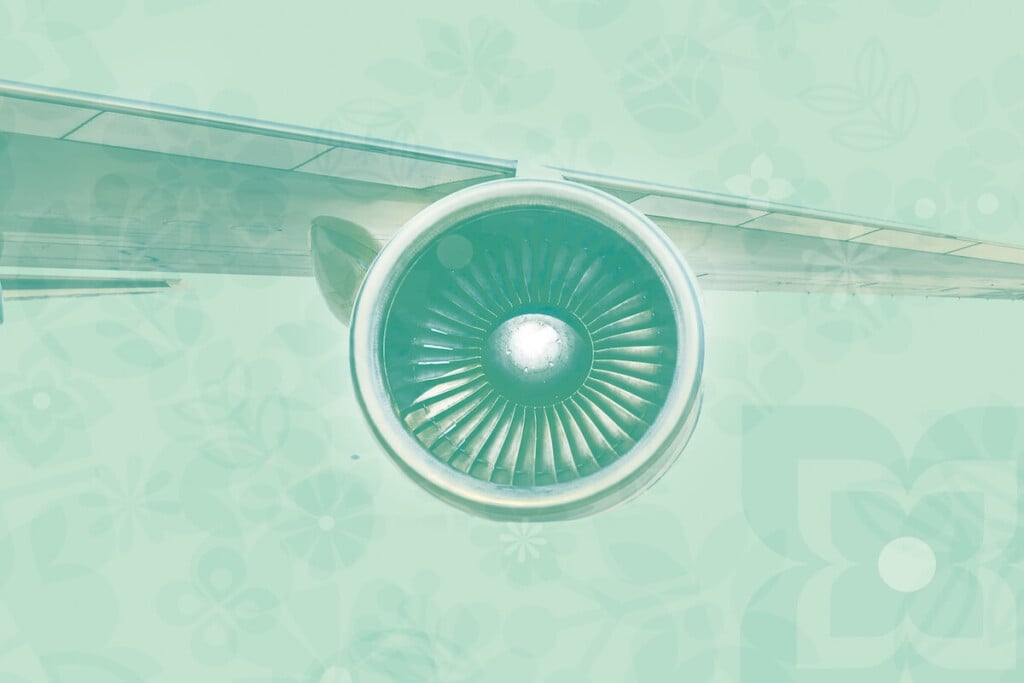This Maui Nonprofit Helps Protect Whales and Dolphins Worldwide
In its 45 years, Pacific Whale Foundation has grown into a major research, education and conservation organization.

The ‘Au’au Channel – running between Maui and Lāna’i, with Moloka’i and Kaho’olawe at its north and south ends – is a favorite spot for humpback whales that migrate from Alaska during the winter. Headquartered along the channel at Mā‘alaea Harbor, the Pacific Whale Foundation is dedicated to protecting and studying whales and other marine animals worldwide through its research, education and conservation programs.
The humpback whale population was at a low point when Greg Kaufman founded the nonprofit in 1980, with conservation and assistance as its primary mission.
“The number of humpback whales from the North Pacific population that traveled to Hawai‘i was estimated to be dangerously low, near 600-1,000 individuals. We are proud to report that number has increased to an estimated 10,000-12,000,” says MaryKate Rosack, PWF’s board chair.
But major threats persist against humpbacks and other marine animals, Rosack says.
PWF’s ongoing studies have identified five major threats: bycatch, marine plastic pollution, climate change, unsustainable tourism and vessel collisions. “Our marine animal research is vital” to mitigating those threats and ensuring the animals’ well-being and survival, Rosack says.
Dayna Garland, the foundation’s interim executive director, says PWF’s findings help shape resource management policies and protect whales and dolphins worldwide. Current research covers Hawai‘i’s spinner dolphins, false killer whales and marine plastic pollution.
Emphasis Also on Education
Three pillars guide PWF: research, education and conservation. Education topics include species identification, ecological conservation and oceanography.
Programs geared toward Maui’s youth include Ocean Camp, Ocean Career Quest and Keiki Whalewatch, each of which can lead students to becoming “ocean stewards.”
“Education plays a key role in our mission because we believe that awareness inspires caring, and caring leads to action and change,” says Garland.
The same philosophy can be found in the foundation’s beach cleanups and its Mālama Pono volunteer program, which focuses on the restoration of Hawaiian culture through environmental efforts. PWF also incorporates Hawaiian language, culture and practices in outreach programs, educational materials and research initiatives.
“We have deep respect for the areas in which we operate and strive to incorporate that into everything we do,” says Garland.
PacWhale Eco-Adventures Tours
Part of PWF’s education and funding comes from its for-profit affiliate, PacWhale Eco-Adventures, whose tours are led by marine experts with hands-on experience guided by PWF’s research.
Like many Maui organizations, PWF and PacWhale Eco-Adventures suffered immensely from the 2023 Lahaina wildfires. The loss of Lahaina Harbor ended the for-profit’s tours from that location, and today, ecotours operate solely out of Mā‘alaea Harbor.
However, with financial support from the community, PWF is finding stability. “We’re relying heavily on our dedicated network of passionate supporters to help us navigate through this tough time and emerge stronger,” says Rosack.
To donate to PWF, or to volunteer, visit pacificwhale.org.






